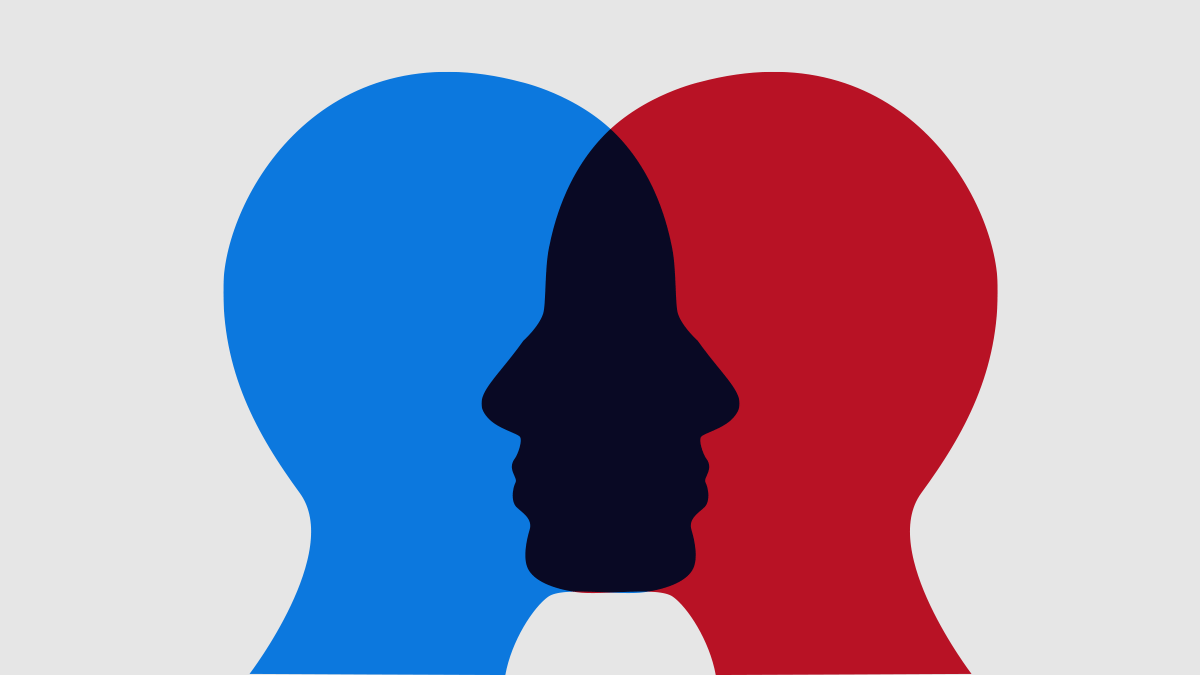
Whether
you believe it or not, there are people that don't know such feelings as empathy.
“Empathy
is the ability to understand and share the feelings of another.”
The
term “empathy” is used to describe a wide range of experiences. Emotion
researchers generally define empathy as the ability to sense other people’s
emotions, coupled with the ability to imagine what someone else might be
thinking or feeling. It divides into three: Cognitive, Emotional, and
Compassionate.
Cognitive empathy definition: “Simply knowing how the other
person feels and what they might be thinking. Sometimes called
perspective-taking” ~Daniel Goleman, Emotional empathy definition: “when you feel
physically along with the other person, as though their emotions were
contagious.” ~Daniel Goleman, Compassionate empathy is what we usually
understand by empathy: feeling someone's pain and taking action to help. The
name, compassionate empathy, is consistent with what we usually understand by
compassion.
Another
way to understand empathy is to distinguish it from other related constructs.
For example, empathy involves self-awareness, as well as distinction between
the self and the other. In that sense it is different from mimicry, or
imitation. Even animals might show signs of mimicry or emotional contagion to
another animal in pain.
Empathy
helps us understand how others are feeling so we can respond appropriately to
the situation. It is typically associated with social behavior and there is
lots of research showing that greater empathy leads to more helping behavior.
However, this is not always the case. Empathy can also inhibit social actions,
or even lead to immoral behavior. An example is, someone who sees a car
accident and is overwhelmed by emotions witnessing the victim in severe pain
might be less likely to help that person. It can also lead to hate or
aggression towards those we perceive as a threat.
There are also manipulators,
fortune-tellers or psychics who use their empathetic skills to benefit
themselves. Some researchers say that we often feel more empathy towards people
who have our same ethnicity, which makes sense to me. One study scanned the
brains of Chinese and Caucasian participants while they watched videos of
members of their own ethnic group in pain. They also observed people from a
different ethnic group in pain. They found that a brain area called the
anterior cingulate cortex, which is often active when we see others in pain,
was less active when participants saw members of ethnic groups different from
their own in pain.
However,
there are people that say there are sociopaths that do not feel empathy for
anything or anyone at all, this isn't a hundred percent true. They cannot
experience emotional empathy at all. This does not mean they lack a conscious
awareness of what's considered right or wrong, nor does it mean they have
malevolent intentions. They can experience emotional empathy, but it is usually
accompanied by a detached unemotional analysis of the situation or feeling, and
they experience emotional empathy but have incredible, masterful control over
what they choose to feel. “Sociopaths, generally, have some form of conscience
but it looks different and, at times, it is unrecognizable to the neurotypical
population.”
In
conclusion, I would recommend anyone who feels that they're not empathetic
enough, to grow in it. It reduces stress and fosters resilience, trust,
healing, personal growth, creativity, learning and nourishing connection.
Empathy also transforms conflict and supports sustainable collaborative action
and positive social change.
By Catherine Simmonds Campbell, Step 9
